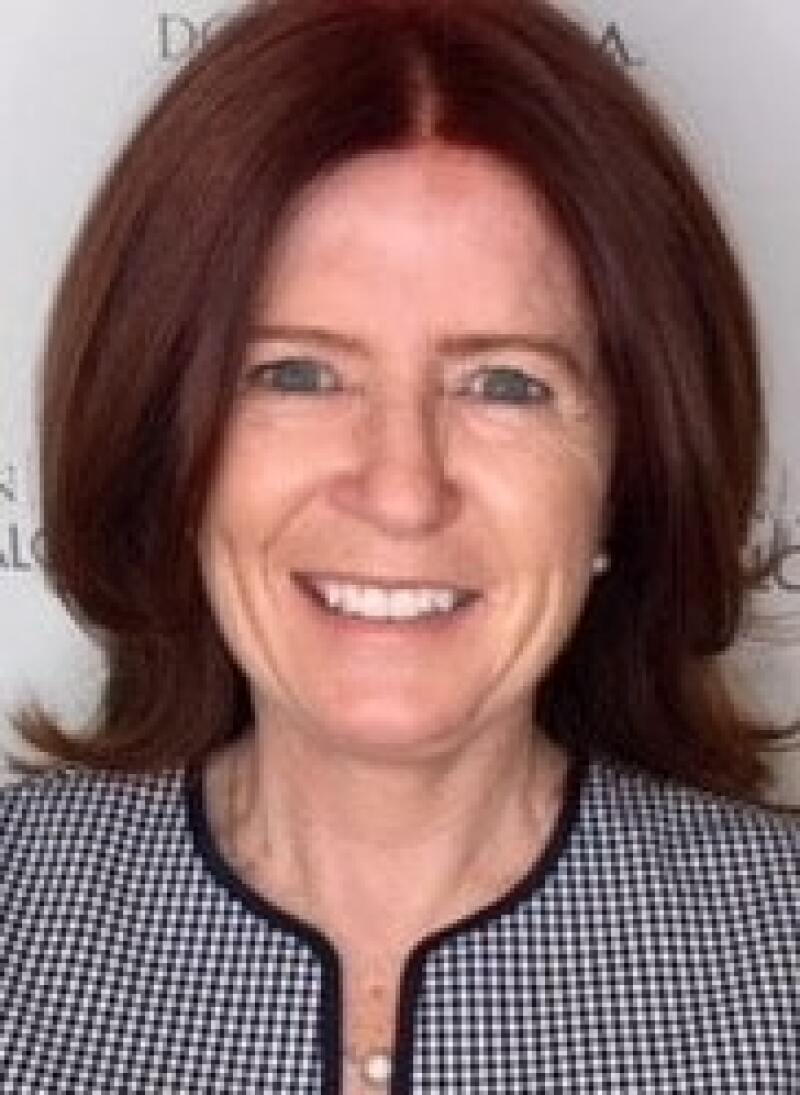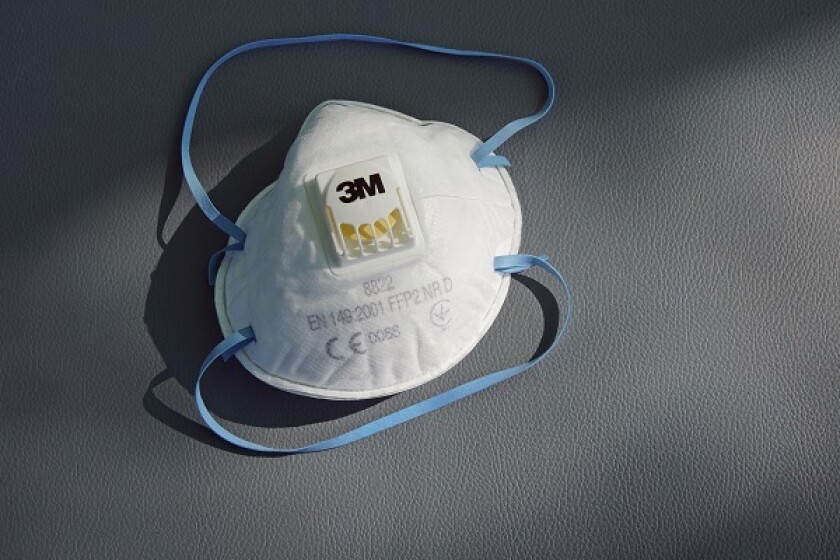The COVID-19 numbers are scarcely believable. More than two million people worldwide have lost their lives. In the US alone, the figure is 420,000.
It is no surprise, then, what a law enforcement officer relayed to Colette Durst, chief trademark counsel at 3M. According to a nurse who had bought counterfeit 3M respirators, there is a “special place – you know where” – for people who have used the crisis to counterfeit the conglomerate’s respirators and other personal protective equipment (PPE).
She has good reason to think this.
At 3M alone, more than 16,000 false or deceptive social media posts, nearly 15,000 fraudulent e-commerce offerings, and around 300 deceptive internet addresses have been removed since the start of the pandemic.
Going global

It is Durst’s job to try to keep a lid on this opportunism, and, having joined the company only at the end of 2018, nearly half of her tenure has been in the throes of the pandemic.
There is plenty to keep an eye on, too: 3M, which operates in industry and worker safety, healthcare and consumer goods, produces more than 60,000 products and has more than 90,000 employees across 70 countries.
Reflecting on her time at 3M, she tells Managing IP: “2019 was my first full year and was about settling in and thinking about what experiences from my previous jobs could be brought across.”
Durst has previously held in-house roles at fire and security systems company Tyco/JCI and retailer Walmart.
“However, by the start of 2020, we realised pretty quickly that we needed to build a global COVID-19 brand protection programme,” she adds.
All hands on deck
Initially, 3M’s strategy was broad and focussed on monitoring for misuse of the ‘3M’ trademark –– across thousands of product lines.
However, in the first few months of 2020, it joined forces with brand protection company Incopro, targeting online enforcement of the trademark for respirators and masks, and Durst restructured the IP team.
“We brought together people from all over the world who previously had their own portfolios and regions to manage, to assist with our COVID-19 response so that everyone was working under one umbrella,” Durst explains.
She adds: “We normally have an attorney for each business group and a paralegal that supports that attorney manage the anti-counterfeiting efforts. Because of the pandemic we now have a much larger team and it has worked out very well.”
In fact, even non-trademark specialists in the team have chipped in.
In Japan and India, 3M patent attorneys have been helping manage offline enforcement efforts, while in Europe, one of the team members has shifted their attention to fighting misuse of the brand and the sale of counterfeit respirators online.
Durst notes that before bringing everyone under one umbrella, there were occasional divergences between what the global business and the regional groups were focusing on.
“When COVID-19 happened, we knew we had to quickly build on that existing structure and give it steroids,” Durst says.
Rampant fraud
In the early stages of the pandemic, particularly February, March and April, trademark infringement was common but there was also “pretty rampant” instances of fraud, says Durst.
These included email phishing attacks targeting government agencies, healthcare providers and fitness centres offering respirators and other PPE for sale.
Subtle misspellings of 3M’s genuine domains (‘3mnedeland.nl’ as opposed to ‘3mnederland.nl’), and use of the company logo and real employees’ names as sign-offs – including on occasion the name of chief executive Mike Roman – gave the emails perceived authenticity, Durst says.
“We had to act quickly on this because people were potentially going to be paying a lot of money.”
3M worked with a third-party provider and domain name registrars to take control of the infringing domains.
However, it was not until April that 3M “became far less reactive and much more proactive with the online enforcement,” Durst explains.
“By the time we finalised our contract with Incopro that was when we went from being reactive and acting on information to being proactive and able to actively scrape for misuse of the brand.”
However, there are still potential hurdles to overcome – including getting listings removed from e-commerce platforms.
Online marketplaces, while responsive to takedown requests, should also adopt a more proactive approach, says Durst. This could include helping identify sellers who have previously had listings removed, and preventing them from reappearing the next day, Durst says.
“Consumers have the right to know who they are buying from. There has to be a way to better protect consumers,” she says.
She notes that there have been instances in the past where a listing says ‘3M respirators’ but the actual product in question has no branding on it. “If people get confused, it could be a really serious thing.
“Even if you cannot visually identify a counterfeit on a platform, you can at least take down all instances of brand misuse. If you walked into a physical store and everyone was using 3M to point to their product, that creates confusion that is also harmful.”
Tier reviews
As reported violations intensified, the team decided it should adopt a streamlined internal system for people to report violations – and created the tier review system.
All inquiries or reports that come into the business – in any language – fall into tier one. Staff working in global service centres ask for additional documentation, including receipts and the name of the listed product.
After tier one, the matter is moved to tier two where a team will assess whether and how to take action.
The IP team is constantly looking at ways to improve the process and make things easier for consumers, such as by potentially sending a product they know to be counterfeit straight through to tier three.
It also set up a special ‘COVID fraud’ website to keep consumers aware of 3M’s genuine product lines and its enforcement efforts to date, and to communicate the dangers of counterfeits.
Telling a story
Communication has increased during the crisis – to the IP team’s benefit.
“Traditionally, it is sometimes hard to get leadership engaged in anti-counterfeit and brand protection work. They always want to know what the return on investment is. With IP it’s sometimes hard to put a number on that other than trying to demonstrate what a brand is worth and that any damage to that brand is going to cost a lot of money,” Durst says.
However, she notes that because COVID-19-related infringements have been so prominent, the business has been very supportive.
“We’ve had more meetings with general managers than before and we try to communicate our anti-counterfeiting efforts with the business as often as we can. We have to make sure we tell our story.”
With vaccines being rolled out, there is a way out of the pandemic in the not-too-distant future – and Durst is keen to look for the positives. She notes that the positive engagement of business leaders during the crisis could help make the case for putting extra resources into the IP team and a wider brand protection unit in the future.
Until then, however, we may see more special places “you know where” for those using the pandemic and other crises to sell fakes.












